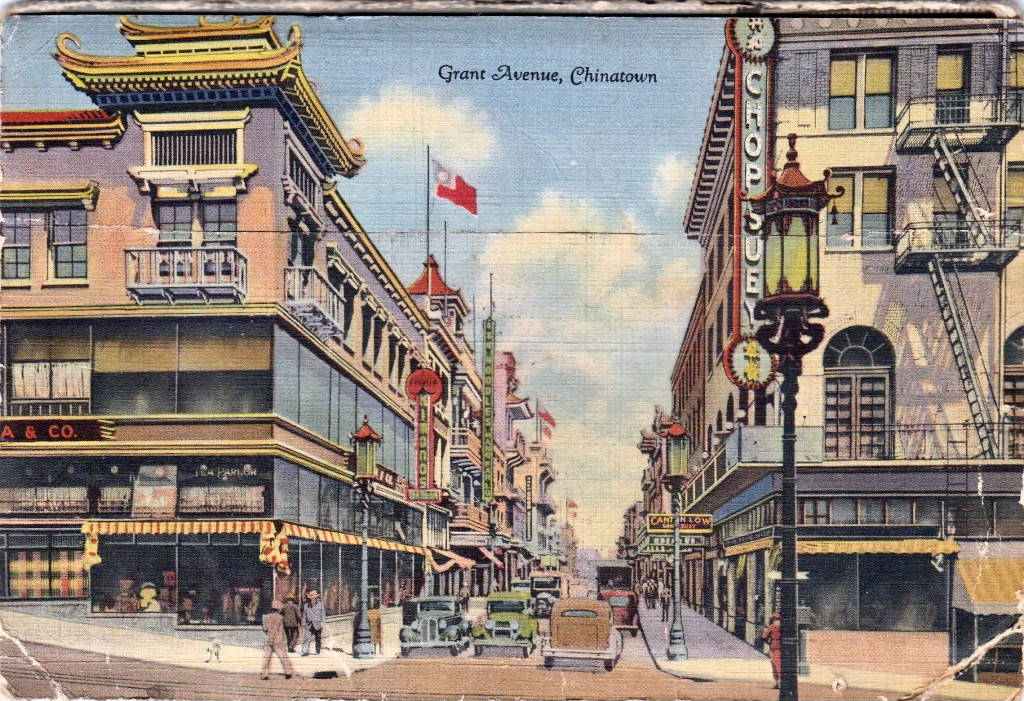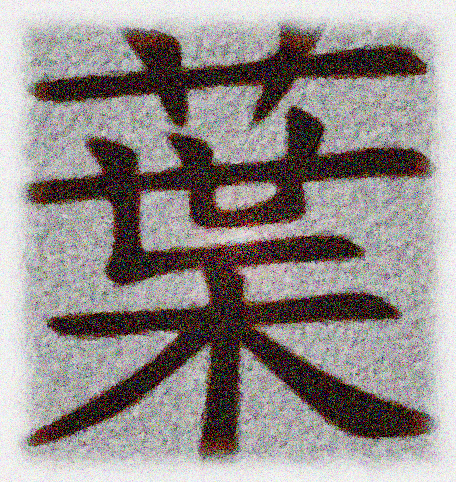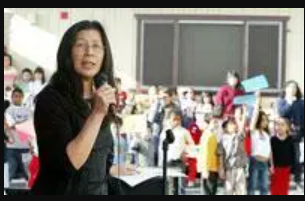“Chasing the Legacy of the ‘Chinatown Old Left’ of San Francisco”
The Chinatown Old Left also known as the ‘‘Chinese Marxist Left,’ the term coined by H. Mark Lai (the “dean of Chinese American history”). Mark Lai was a bilingual Chinese American, who not only was a participant and activist, began documentation of Chinese progressives during the 30’s/40’s/50’s encompassing three groupings: intellectuals, labor activists and small businessmen. The majority of whom were not necessarily Marxist in ideology, but were definitely progressive, left leaning, concerned Overseas Chinese.
Attention will be centered around individuals who emerged from the Chinese American Democratic Youth League (民青 — Mun Ching in Cantonese / Minqing in Mandarin) — a literary and cultural group that supported the Communist Party of China’s determined War of Resistance to Japanese imperialist occupation, and later waged the Chinese civil war led by the revolutionary movement headed by Mao Tsetung.1 These groups — the intellectuals, labor activists and small business people — enjoyed mutual intersections and came under intensive McCarthy-era government harassment; and many suffered mental breakdowns, suicides, deportations, and loss of citizenship. Some of their stories are captured and highlighted in the 2001 video documentary, “The Chinatown Files”. (2)
This legacy birthed several institutions and movements: (1) the Chinese Folk Dance Association was an offshoot founded by veterans of the Mun Ching, who also guided and ran
During that early period, activists from Mun Ching also had intersections with progressive forces in the New York Chinese community through the Chinese Hand Laundry Alliance and its affiliated Chinese language newspaper, the now defunct China Daily News.
- The Chinese Communist Party under the leadership of Chairman Mao at that time was a vibrant revolutionary political force which enjoyed and rallied immense support from among the basic people in China, and in turn had captured the imagination and support of many Overseas Chinese who opposed the corrupt repressive government of Chiang Kai-shek. Since the death of Mao Tsetung in 1976, and with the ascendency of Deng Hsiao-ping, signaled the overthrow of the socialist system in China and brought about the capitalist restoration in China. Since that time the Chinese Communist Party ceased to be an inspirational force for humanity, and China has emerged as a full blown capitalist society and an imperialist rival to U.S. imperialism.
The progressive movie house, the World Theatre at 644 Broadway; (2) the 1966 emergence of George Woo and the Chinatown Youth Movement; and (3) many offspring of the CML joined and drove the Asian American Movement, inclusive of their participation and leadership in the Third World Liberation Front student strikes at San Francisco State and at UC Berkeley and the lofting of Asian American studies, as well as a major Asian American anti-imperialist, radical organization in the Bay Area with roots in Manilatown/Chinatown and Japantown (Nihonmachi) San Francisco.
By Steve Yip

- Interview: Shannon Yip Part 1: Developing Bilingual Education in Oakland CAPart One: Making Bilingual Education a Reality in Oakland, California, Public Schools Introduction. Shannon is a multi-generational Chinese American. Born in San Francisco, she attended Oakland Senior High School and graduated from the University of California, Berkeley. Brought up in the ‘50s/’60s within a community of Chinese immigrants supporting a democratic society in China, her father… Read more: Interview: Shannon Yip Part 1: Developing Bilingual Education in Oakland CA
- Interview: Shannon Yip Part 2: Promoting Chinese Folk Dance in the Diaspora(c) Copyright Steve Yip Nov 14, 2024 | Edits by Steve Yip and Gabrielle Hrung INTRODUCTION Shannon is a multigenerational Chinese American. Born in San Francisco, she attended Oakland Senior High School and graduated from the University of California, Berkeley. Brought up in the ‘50s/’60s within a community of Chinese immigrants supporting a democratic society… Read more: Interview: Shannon Yip Part 2: Promoting Chinese Folk Dance in the Diaspora
- Book Review: Richard Aston’s Views From Gold Mountain: History, Memory and VoicesViews From Gold Mountain: History, Memory, Voices Richard Aston | 2019 / Sixth Avenue Books Review by Steve Yip | Originally published April 20, 2022 | MainlyPiano.com Views From Gold Mountain by Richard Aston is self-published and it’s clearly a labor of love. The book is both a brief, though incomplete memoir of someone who is threading… Read more: Book Review: Richard Aston’s Views From Gold Mountain: History, Memory and Voices



